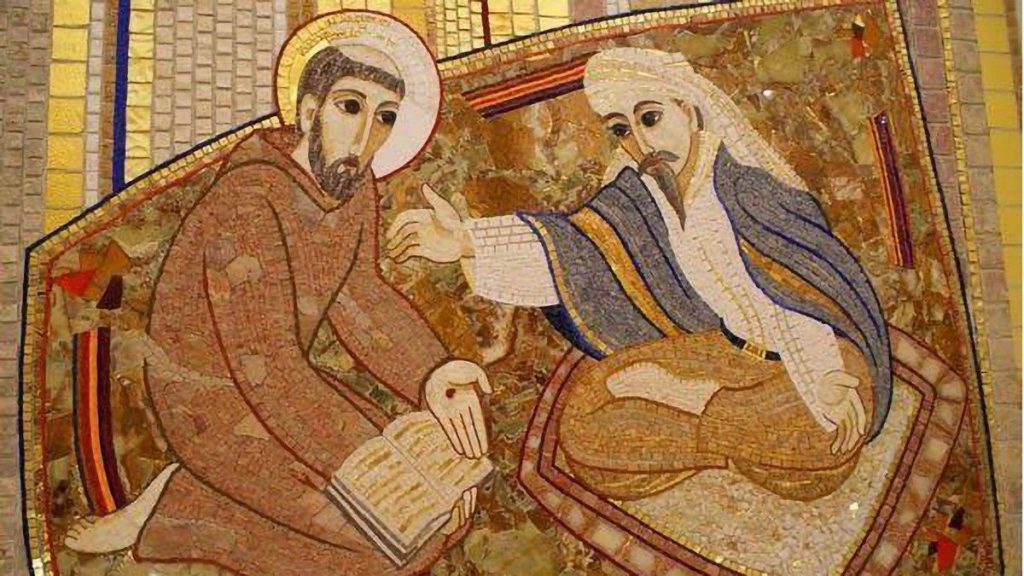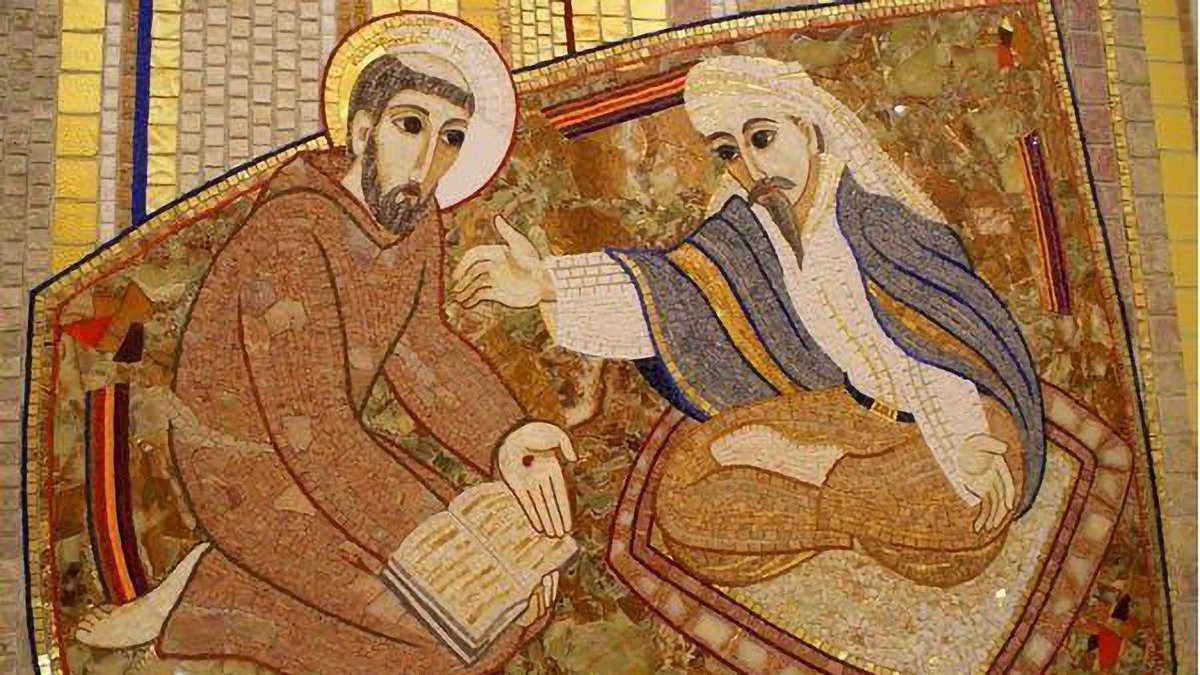
Inspired by the teachings of St. Francis of Assisi, Pope Francis’ new encyclical Fratelli Tutti (Brothers and Sisters All) has the Good Samaritan as a central motif. It calls for solidarity and a new world order, lamenting the indifference of the west, the state of politics and the dominance of individualism. Attempting to achieve a creative tension between the global and the local, it proposes a globalised migration policy while affirming belonging to place. The encyclical has had a mixed reception, is heavily nuanced and is very wide ranging. We will not rush into a quick assessment here, but for the time being, we share a range of the very different views it has received.
Timothy O’Malley Fratelli Tutti is a diagnosis of a neopaganism ripping us apart
Rowlands, Cavanaugh, Hancock, Riccardi, Camosy, Ormerod, Rees
Pope Francis’ “architecture of peace” [podcast]
Damian Howard SJ Fratelli Tutti is an attempt to save liberalism from itself
Adrian Pabst what the left can learn from Pope Francis
Raymond Friel Fratelli Tutti: A Change of Heart
Maria Exall The Call to Universal Love
Brandon McGinley Francis is a liberal, but the liberal paradigm has passed
Anna Rowlands a letter for dark times: Pope Francis on the call for a new politics
Agbonkhianmeghe E. Orobator Fratelli Tutti is Ubuntu by any other name
Ken Craycraft a timely and welcome meditation
Philip Booth examines Francis’ argument for global governance
Christine Allen how to be a ‘Good Samaritan’ in the time of Covid
Archbishop Cranmer Francis doesn’t get it: Brexit it was an assertion of subsidiarity
Benedict Rogers Vatican fails to apply own principles to relationship with China
Vinson Cunningham Many and One: We can only obtain the universal through the local
Charles Taylor Freedom & Equality Aren’t Enough: A primer on ‘Fratelli tutti’
William T. Cavanaugh Radical Truths: Francis’s lessons are both obvious and revolutionary
Michael Warren Davies Francis condemns not nationalism, but nationhood
Annemarie Paulin-Campbell encyclical on love misses the boat on women
Samuel Gregg a familiar mixture of dubious claims, strawmen, genuine insights
Austen Ivereigh a defence of Fratelli Tutti
Larry Chapp Fratelli Tutti and its critics
Eduardo Echeverria culture, dialogue, religion, and truth in Fratelli Tutti
Daniel J. Mahoney brothers without borders: a quasi-humanitarian manifesto

